Law schools across the country have been managing complicated issues related to free speech and academic freedom for many years. These issues have come into even sharper focus given requirements under the newly adopted ABA Standard 208 and the variety of pressures brought to bear on law school leadership in light of events, programming, controversial opinions, and protests related to the Israel Gaza War during the 2023-24 academic year.
Law deans are often in the difficult position of managing internal and external pressures regarding controversial speakers, class material, faculty and student speech in the law school and online. In addition, law deans must navigate the tensions between free speech and Title VI, with its requirement that educational institutions not allow for a hostile environment based on a variety of protected categories.
The need for shared resources and mutual support in this space is clear. On this page, we offer three types of resources:
- A list of members of the AALS Deans Forum Steering Committee who have been working on free speech and academic freedom issues
- Policies adopted by law schools and/or universities, and;
- Podcasts, articles, books, and other resources that may be helpful.
Project Leaders
These deans are part of the AALS Deans Forum Steering Committee in 2024 and have been working together on free speech and academic freedom matters. All are willing to discuss free speech and academic freedom issues with fellow deans on an as-needed basis:
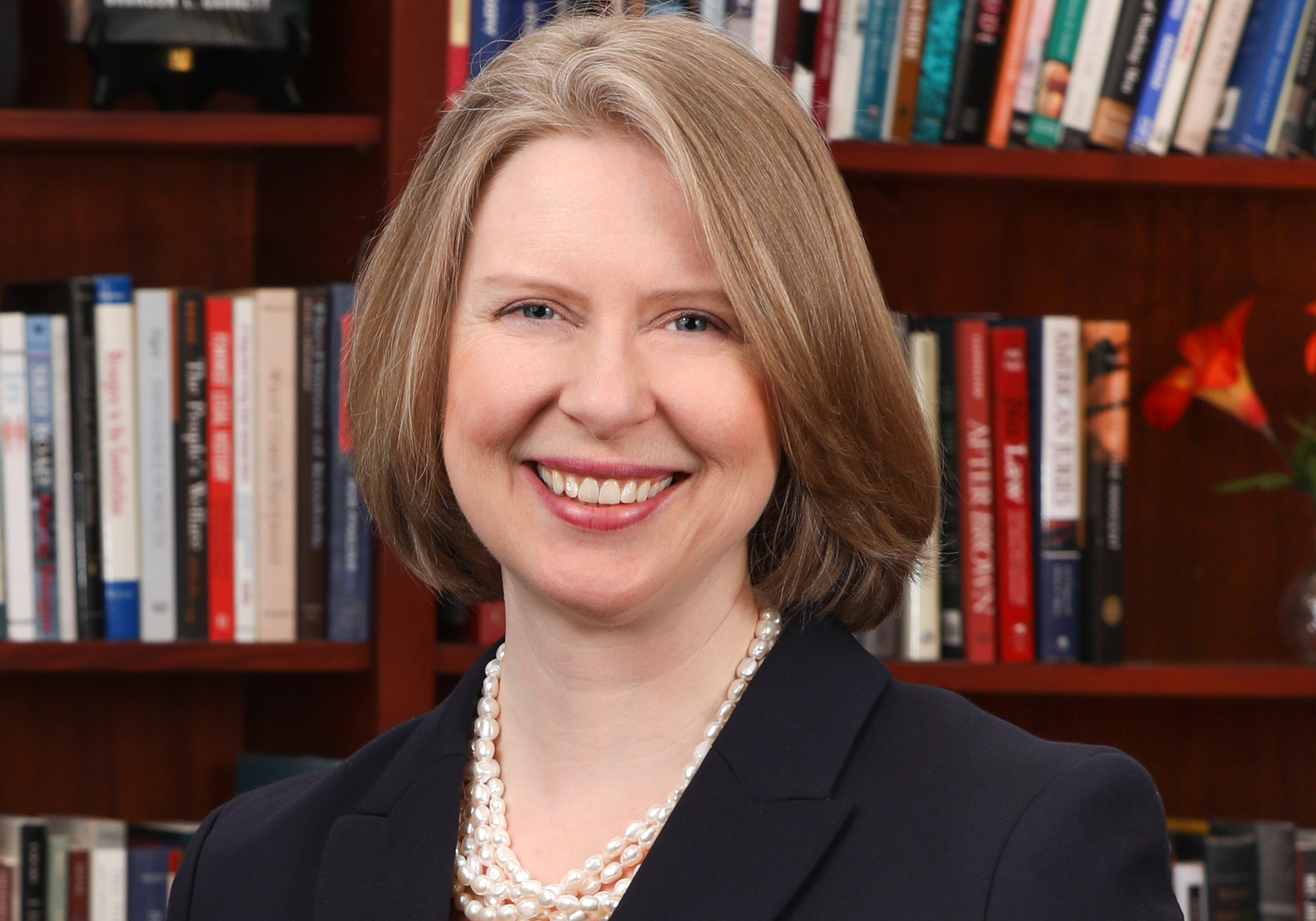
Kerry Abrams
Duke University School of Law
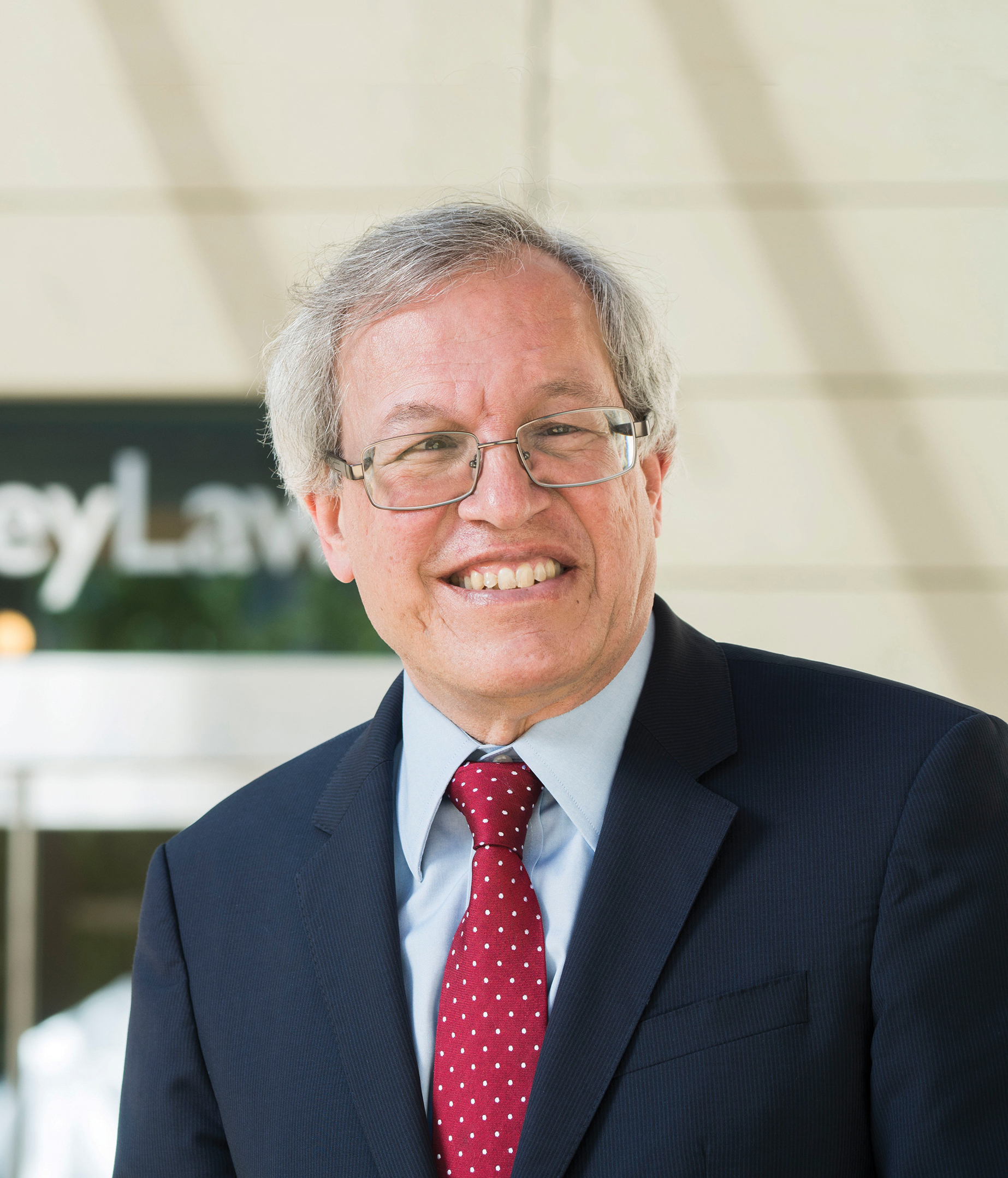
Erwin Chemerinsky
University of California, Berkeley School of Law

Anthony Crowell
New York Law School
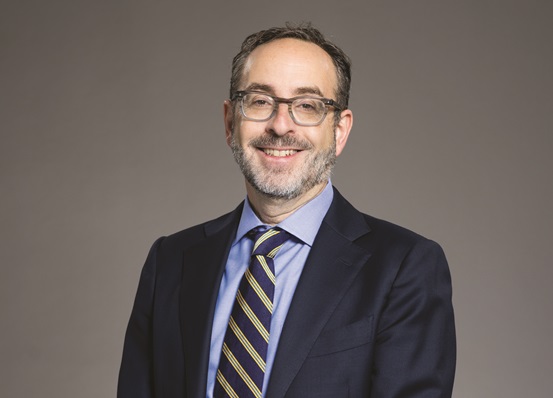
Daniel M. Filler
Drexel University Thomas R. Kline School of Law
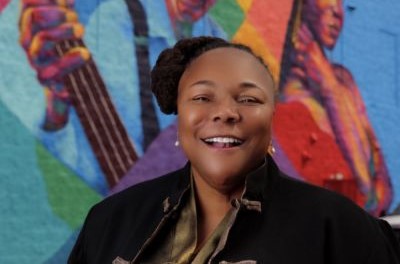
Lolita Buckner Inniss
University of Colorado Law School

Johanna Kalb
University of San Francisco School of Law
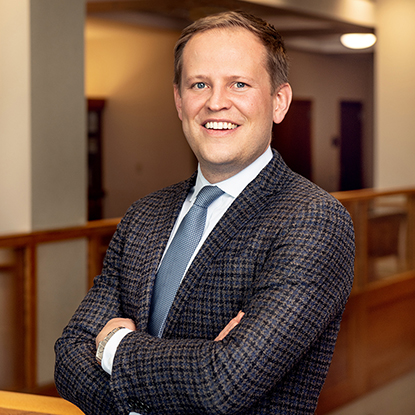
Jacob H. Rooksby
Gonzaga University School of Law
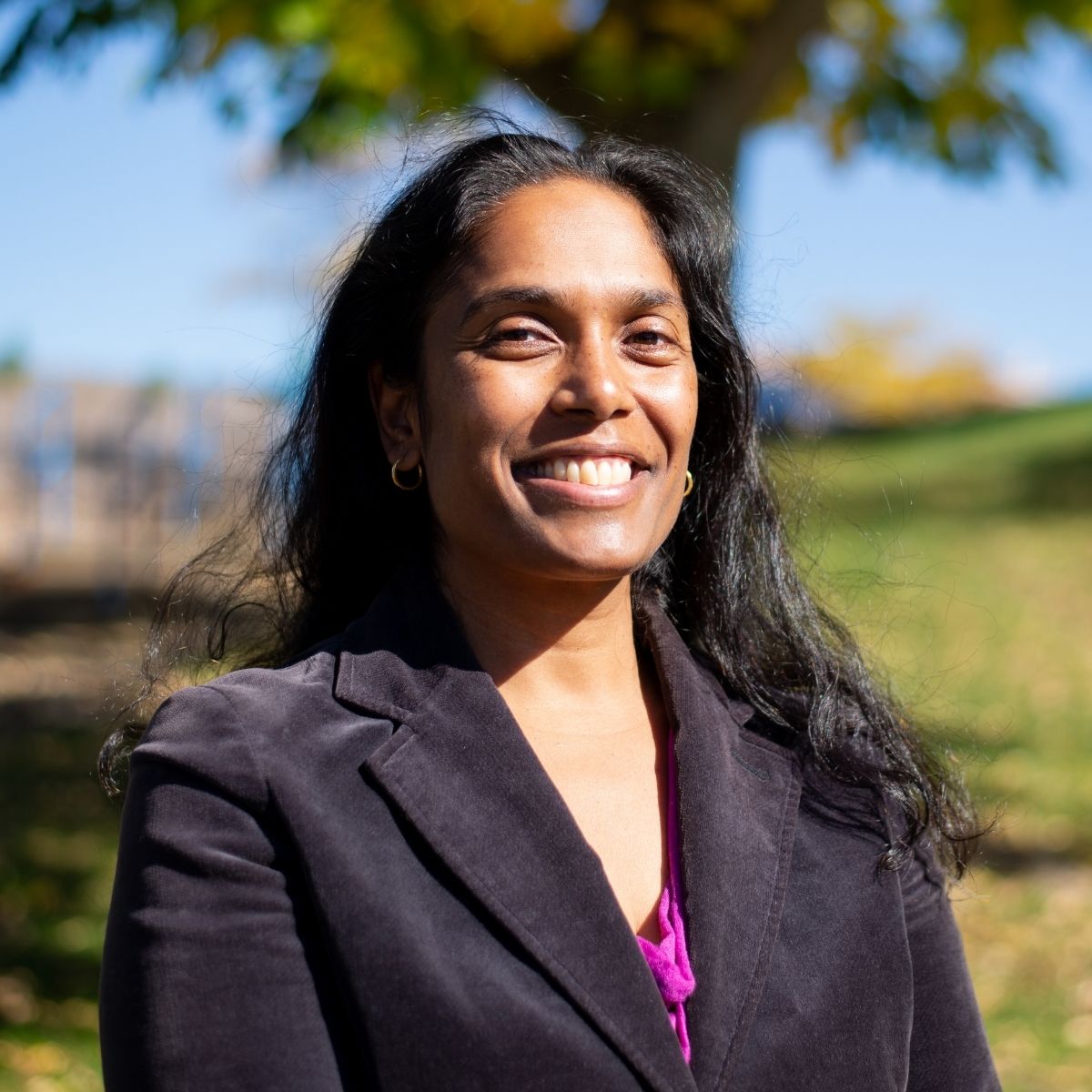
Sudha Setty
City University of New York School of Law
ABA Standard 208
The text of the American Bar Association Standard 208 and its interpretive guidance is included below along with the Managing Director’s Guidance Memo.
Standard 208. ACADEMIC FREEDOM AND FREEDOM OF EXPRESSION
(a) A law school shall adopt, publish, and adhere to written policies that protect academic freedom. A law school’s academic freedom policies shall:
(1) Apply to all full and part-time faculty, as well as to all others teaching law school courses;
(2) Apply to conducting research, publishing scholarship, engaging in law school governance, participating in law related public service activities, and exercising teaching responsibilities, including those related to client representation in clinical programs; and (3) Afford due process, such as notice, hearing, and appeal rights, to assess any claim of a violation of the academic freedom policies.
(b) A law school shall adopt, publish, and adhere to written policies that encourage and support the free expression of ideas. A law school’s free expression policies must:
(1) Protect the rights of faculty, students, and staff to communicate ideas that may be controversial or unpopular, including through robust debate, demonstrations, or protests; and
(2) Proscribe disruptive conduct that hinders free expression by preventing or substantially interfering with the carrying out of law school functions or approved activities, such as classes, meetings, interviews, ceremonies, and public events;
(c) Consistent with this Standard, a law school may:
(1) Restrict expression that violates the law, that falsely defames a specific individual, that constitutes a genuine threat or harassment, or that unjustifiably invades substantial privacy or confidentiality interests.
(2) Reasonably regulate the time, place, and manner of expression.
(3) Adopt policies on academic freedom and freedom of expression that reflect the law school’s mission, including a religious mission, so long as such policies are not in violation of the law and are clearly disclosed in writing to all faculty, students, and staff prior to their affiliation with the law school.
Interpretation 208-1
Standard 208 applies to both public and private law schools.
Interpretation 208-2
A law school may, when appropriate, differentiate among students, faculty, and staff in its policies on freedom of expression.
Interpretation 208-3
Standard 208(a) does not preclude a law school from identifying the courses that will be taught, requiring courses to cover particular content, or requiring faculty, students, or staff to clarify in appropriate circumstances that their views are not statements by or on behalf of the law school.
Interpretation 208-4
This Standard does not prevent a law school from applying disciplinary action for conduct identified in Standard 208(b)(2).
Interpretation 208-5
Subsection (c) recognizes that law schools may restrict speech consistent with the First Amendment of the United States Constitution.
Interpretation 208-6
Effective legal education and the development of the law require the free, robust, and uninhibited sharing of ideas reflecting a wide range of viewpoints. Becoming an effective advocate or counselor requires learning how to conduct candid and civil discourse in respectful disagreement with others while advancing reasoned and evidence-based arguments. Concerns about civility and mutual respect, however, do not justify barring discussion of ideas because they are controversial or even offensive or disagreeable to some.
List of Law School Policies on Free Speech and Academic Freedom
The ABA has shared that law schools must implement Standard 208 no later than summer 2025—law deans, therefore, need to develop and implement policies during the 2024-25 academic year.
Some law schools already have policies that comply with Standard 208; others are part of universities that already have such policies, and may be planning on adopting those measures explicitly as part of their work in complying with Standard 208.
Yet, it is clear that a large number of law schools will need to draft and adopt free speech and academic freedom policies, and the responsibility for shepherding this process and, where applicable, working with university systems to approve and implement such policies, falls to law deans. Together, we can support each other by sharing resources to help develop and refine these policies.
The following is a list of policies that currently exist, along with an indication of whether they are policies that govern only the law school or are university-wide policies. As more institutions share their policies, this list will be updated.
Free Speech Policies
- University of California, Irvine, School of Law – Policy on Academic Freedom and Freedom of Expression (applicable to the entire university)
- Benjamin N. Cardozo School of Law – Policy on Freedom of Expression
- University of Cincinnati College of Law – Standard 208 Policy (applicable to the entire university)
- University of Colorado – Free Expression (applicable to the entire university)
- Drexel University – Activism Guidelines and University Values (applicable to the entire university)
- Georgetown University – Speech and Expression Policy (applicable to the entire university)
- The University of Iowa – Frequently Asked Questions, Free Speech at Iowa (applicable to the entire university)
- University of Nebraska College of Law – Commitment to Free Speech and Academic Freedom
- PEN America – Campus Free Speech Principles
Other Statements and Guidance on Free Speech
- Boston University – Statement on Free Speech and Expression (applicable to the entire university)
- University of California, Berkeley – Free Speech FAQ (applicable to the entire university)
- Columbia University – Freedom of Expression on our Campus (applicable to the entire university)
- University of Oregon – Academic Freedom, Freedom of Inquiry, and Free Speech (applicable to the entire university)
Academic Freedom Policies
- Drexel University (applicable to the entire university)
- University of Idaho (applicable to the entire university)
We invite each law school to share university or law school policies free speech and academic freedom policies and contribute to this collaborative effort. The primary intent of this project is to enable deans to share the language in their policies, generate conversations among deans, and provide opportunities for law schools to learn from one another.
To have a policy listed on the clearinghouse website, deans can email the document or link to [email protected].
Resources
US Department of Education Guidance
- Dear Colleague Letter: Protecting Students from Discrimination, such as Harassment, Based on Race, Color, or National Origin, Including Shared Ancestry or Ethnic Characteristics
- Sample US Department of Education, Office for Civil Rights investigation letter
- US Department of Education’s Office for Civil Rights Announces Resolution of a Complaint Alleging Antisemitic Discrimination
Pen America Principles
Books
- Academic Freedom by David Rabban
- Free Speech on Campus by Erwin Chemerinsky and Howard Gillman
- Campus Free Speech: A Pocket Guide by Cass R. Sunstein
Articles
- “Free Speech on College Campuses: The Ultimate Guide,” Freedom Forum
- “Most Americans oppose laws that restrict faculty speech, poll finds,” Higher Ed Dive
- “Here’s how colleges can preserve academic freedom in the face of educational censorship bills,” Higher Ed Dive
- “Professors promote resolution on academic freedom,” Inside Higher Ed
- “Trying to teach students to tolerate disagreeable speech,” Inside Higher Ed
- “Will academic freedom and campus free speech survive?.” Inside Higher Ed
- “The boundaries of free speech at public colleges,” National Constitution Center
Videos
Podcasts
- What Are the Limits of Students’ First Amendment Rights on College Campuses?, ABA Law Student Podcast
- Free Speech in Our Law Schools with Erwin Chemerinsky, Aspen Leading Edge
- Free Speech on Campus in Times of Great Division, Berkeley Talks
